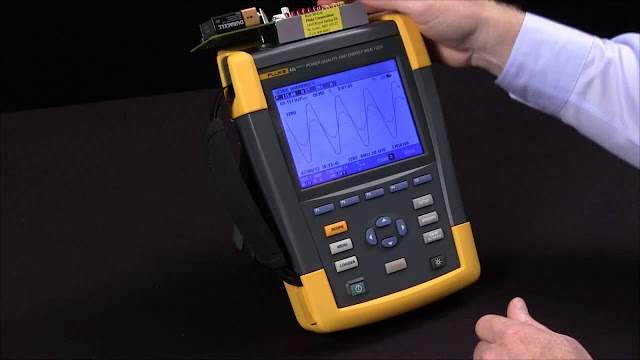Safety Instrumented System Market Is Estimated To Witness High Growth Owing To Increasing Demand For Improved Process Efficiency And Safety
Safety Instrumented System Market
The Safety Instrumented System Market is estimated to be valued at US$ 4.42 Bn In 2023 and is expected to exhibit a CAGR Of 7.3% over the forecast period 2023 To 2030, as highlighted in a new report published by Coherent Market Insights.
Market Overview:
A safety instrumented system comprises sensors, logic solvers, and final control elements that are designed to take the process to a safe state when dangerous conditions are detected. These systems offer improved process control efficiency and safety by reducing the risk of accidents and shutdowns and improving overall plant uptime. They play a vital role in protecting the process and personnel from undesirable conditions and events.
Market key trends:
One of the key trends fueling the growth of safety instrumented system market is the increasing adoption of digital technologies by process industries to improve safety and optimize operational efficiencies. With the integration of digital technologies like smart sensors, IIoT, predictive maintenance, and cloud computing, process industries are able to gain real-time visibility and insights into plant operations. This helps in timely detection of anomalies and faults, enabling proactive safety measures. The use of predictive analytics also helps predict potential failures and reduces unplanned shutdowns, thereby improving plant uptime and safety.
Porter’s Analysis
Threat of new entrants: The safety instrumented system market require high initial investments in R&D and production which makes difficult for new players to enter in the market.
Bargaining power of buyers: Buyers have moderate bargaining power as there are multiple established players offering various solutions. However, compliance with industry standards is important.
Bargaining power of suppliers: Suppliers have low bargaining power due to availability of substitute components and commoditization of parts. However, integration capabilities are important.
Threat of new substitutes: Threat of substitutes is low as safety instrumented systems ensure safety and reliability which is critical in process industries.
Competitive rivalry: Intense due to global presence of key players and technology differentiators.
SWOT Analysis
Strength: Established global presence, wide service offerings, vertical integration capabilities, technological expertise.
Weakness: High dependency on oil & gas industry, vulnerability to economic cycles, complexity increases cost.
Opportunity: Growth in process manufacturing industries, demand for digitalization and AI solutions, connectivity in IIoT.
Threats: Trade barriers and policies, global economic slowdown, compliance issues.
Key Takeaways
The Global Safety Instrumented System Market Size is expected to witness high growth, exhibiting CAGR of 7.3% over the forecast period, due to increasing investments in digital transformation and process automation across industries. The Asia Pacific region is projected to dominate the market and register fastest growth during the forecast period owing to rapid industrialization and capacity expansions in countries like China and India.
Regional analysis North America and Europe are also expected to capture significant market share owing to stringent safety regulations and presence of major end-use industries in the regions. Safety instrumented systems find wide applications in oil & gas, chemical, pharmaceutical, food & beverages, and power generation industries.
Key players operating in the safety instrumented system market are Schlumberger Limited, Rockwell Automation Inc., SIS-TECH Solutions LP, Emerson Electric Company, HIMA Paul Hildebrandt GmbH, Honeywell International Inc., Siemens AG, Yokogawa Electric Corporation, Schneider Electric SE, and ABB Ltd. The industry is consolidated in nature with top players competing based on product reliability, end-to-end integration abilities, and digital transformation solutions.




Comments
Post a Comment